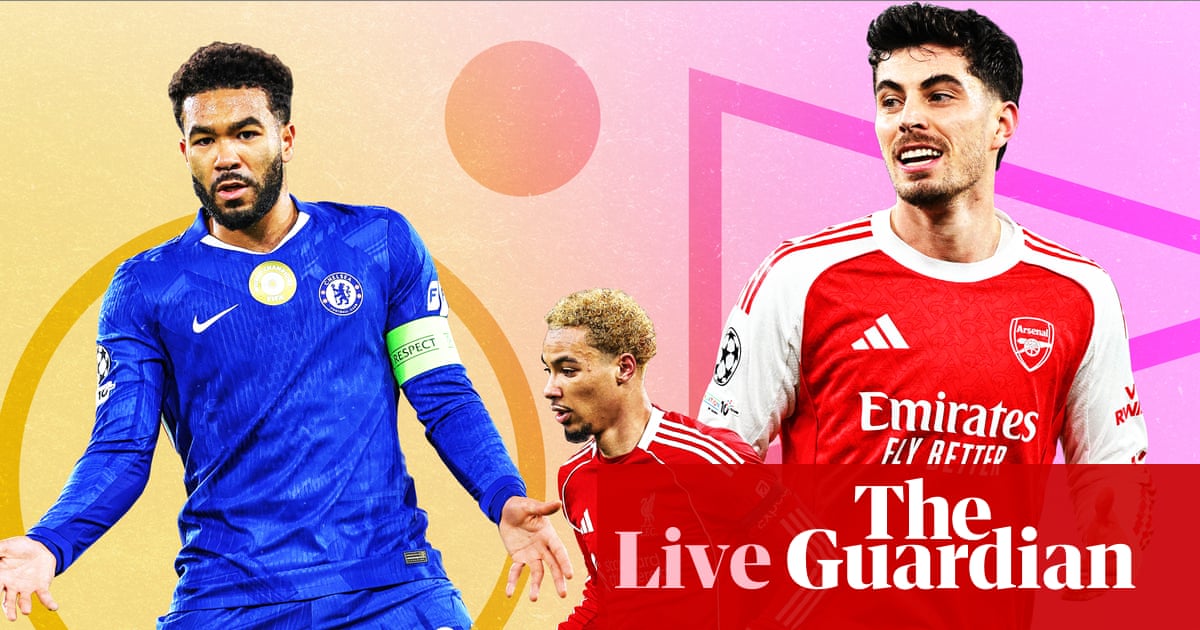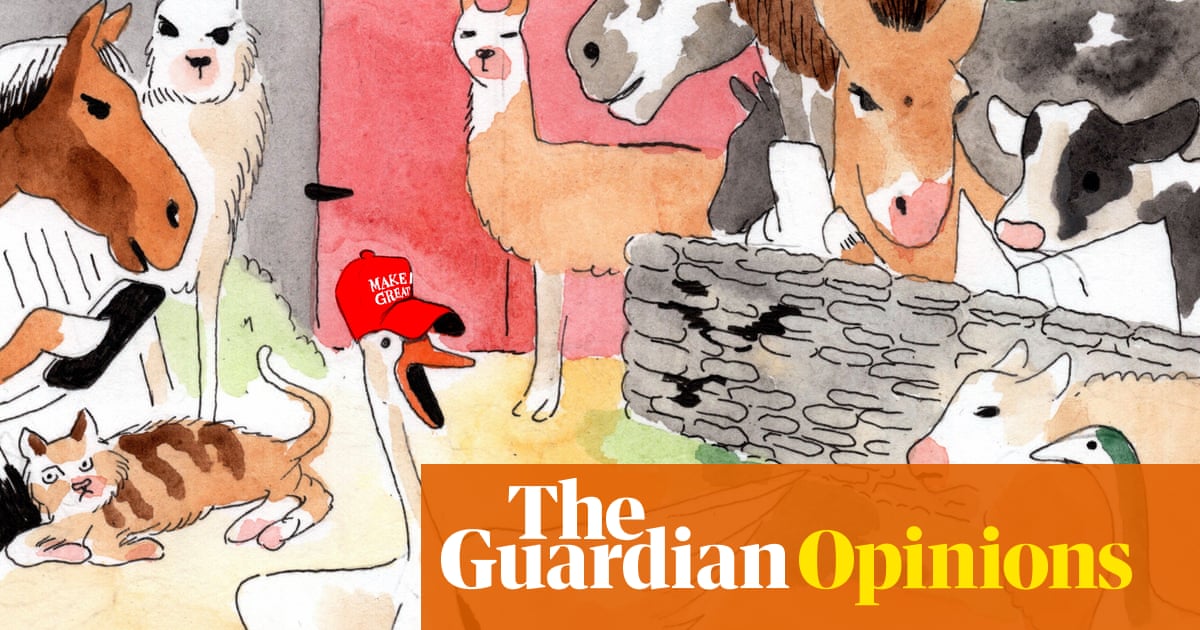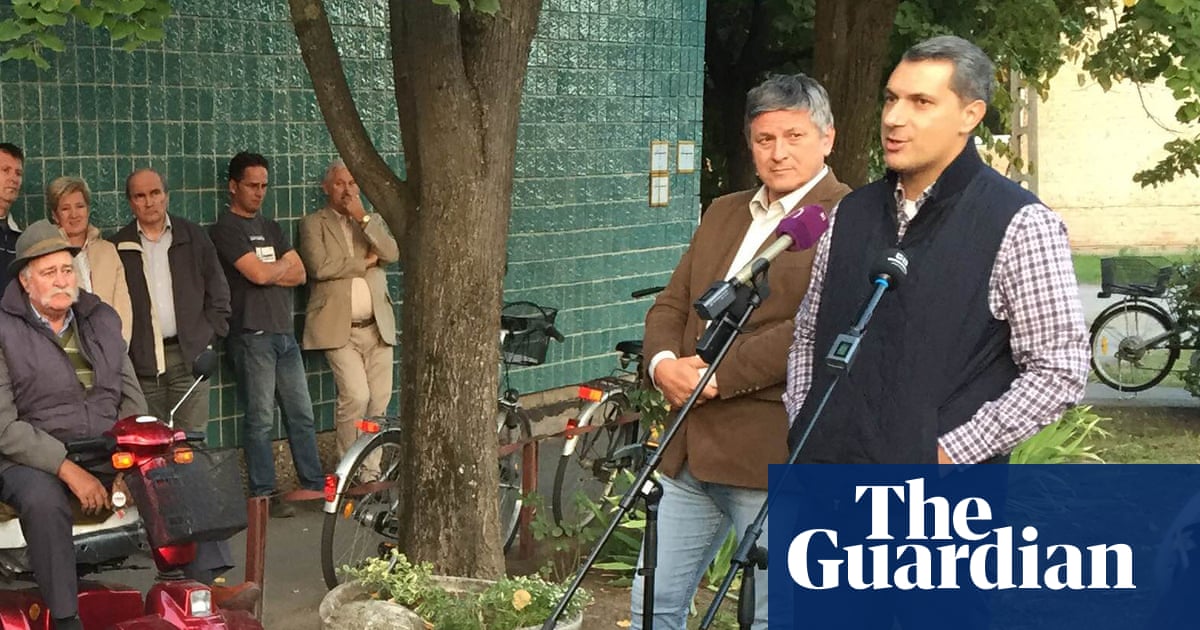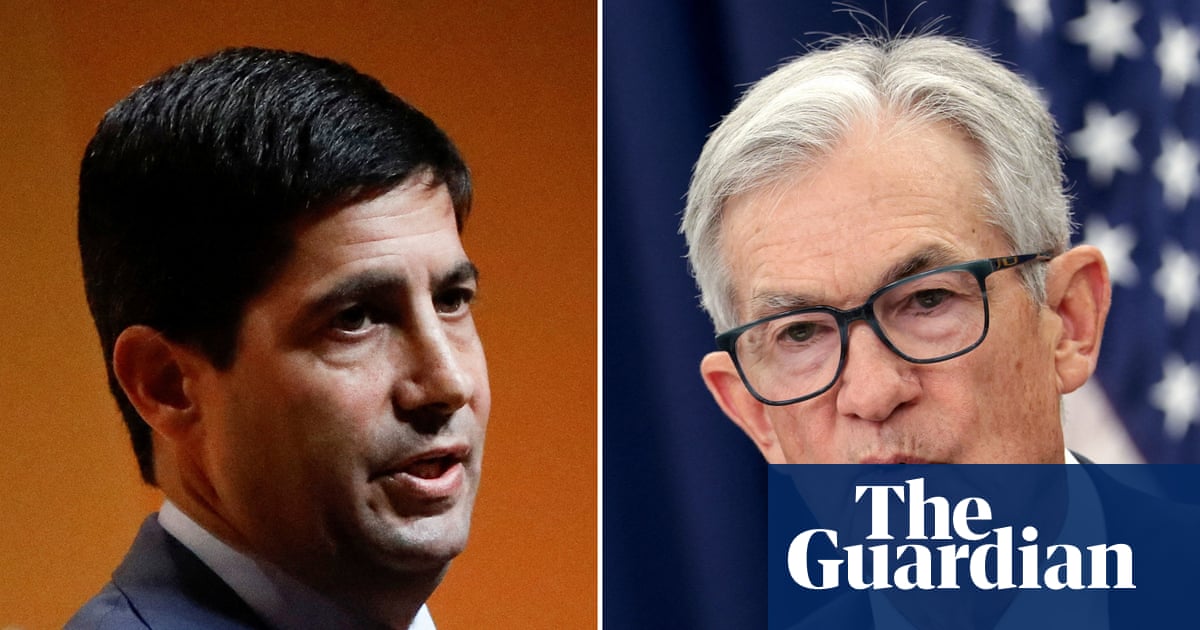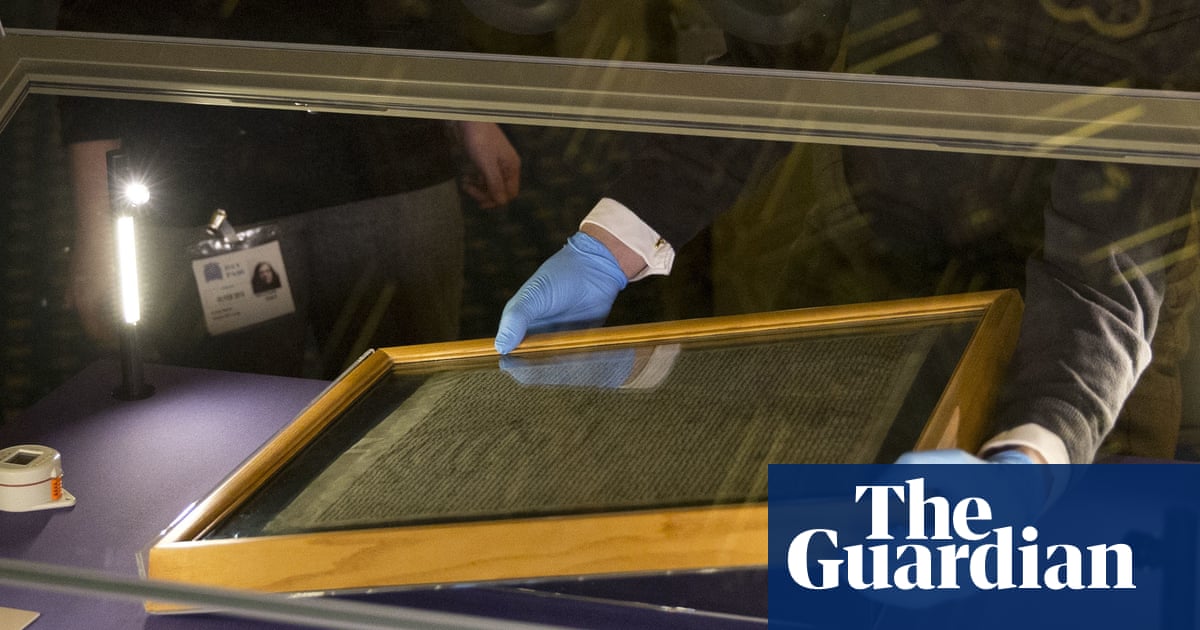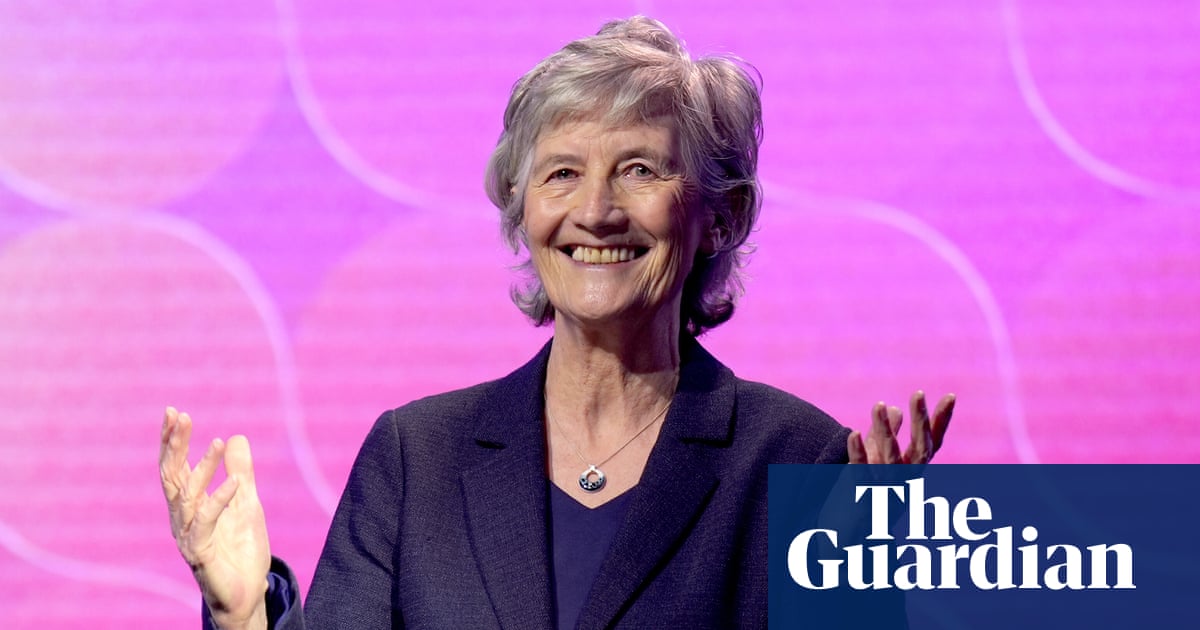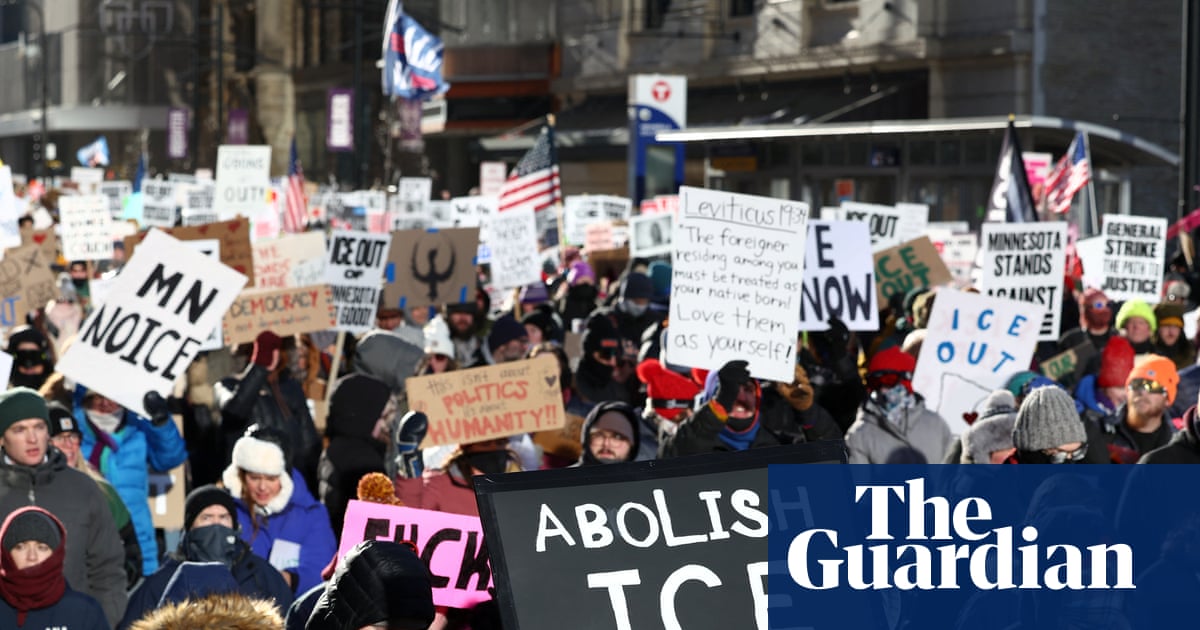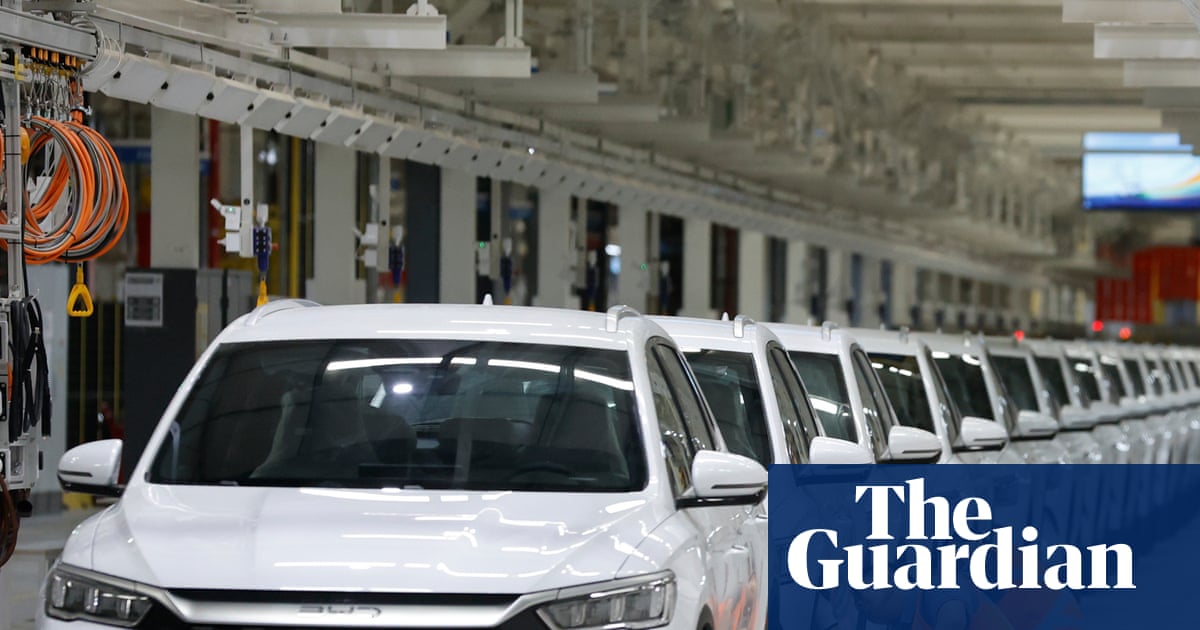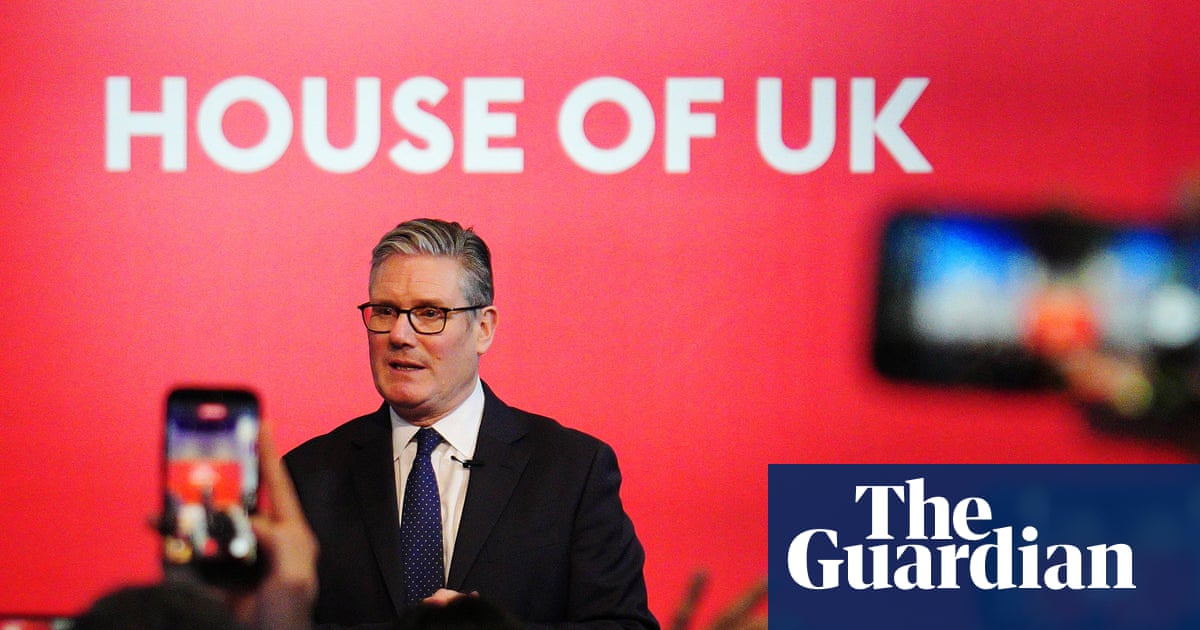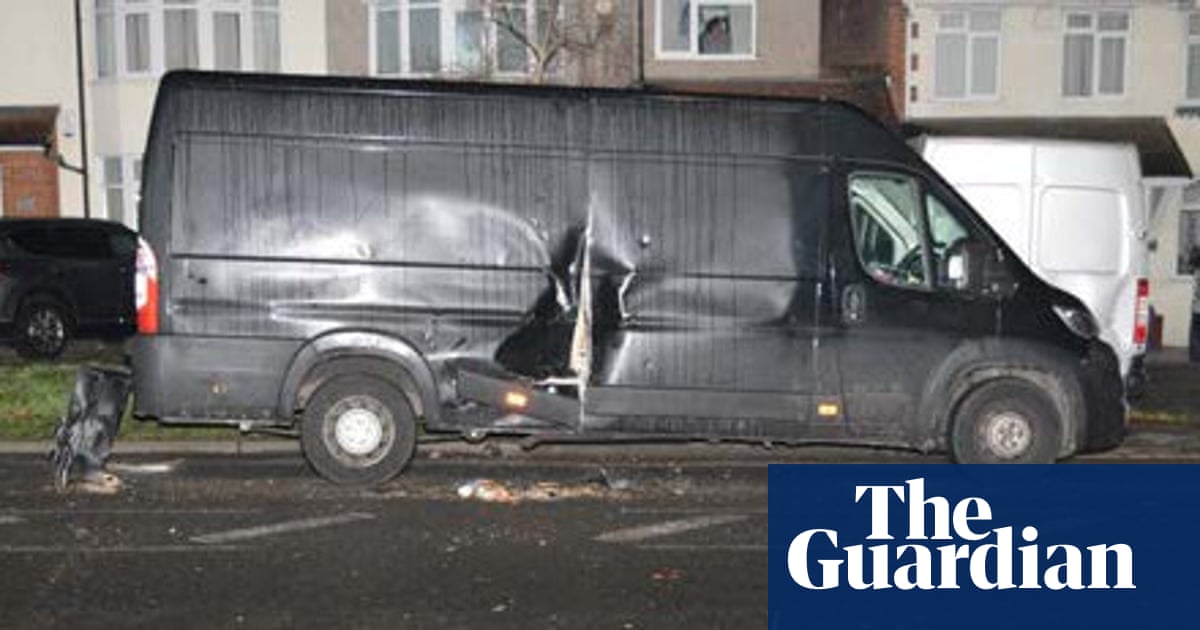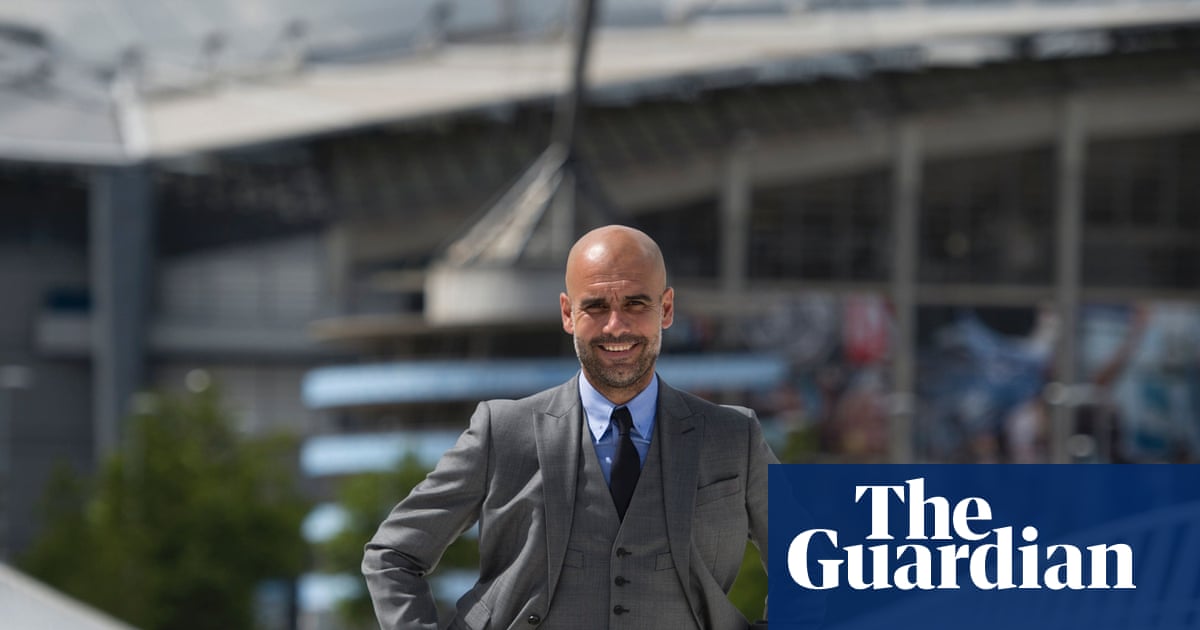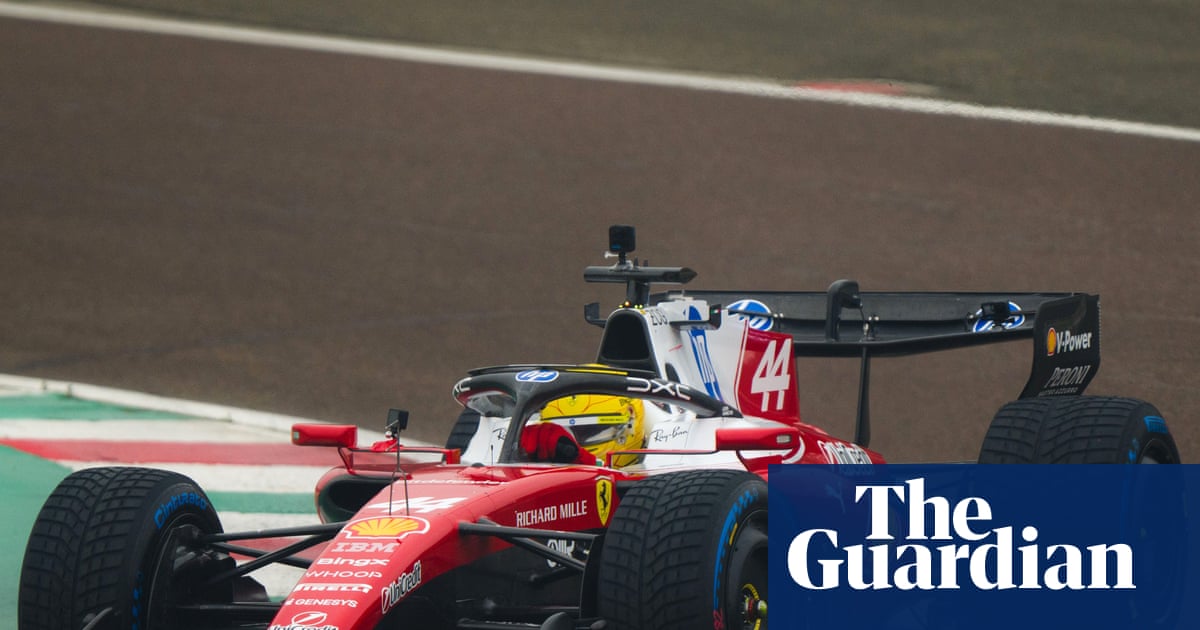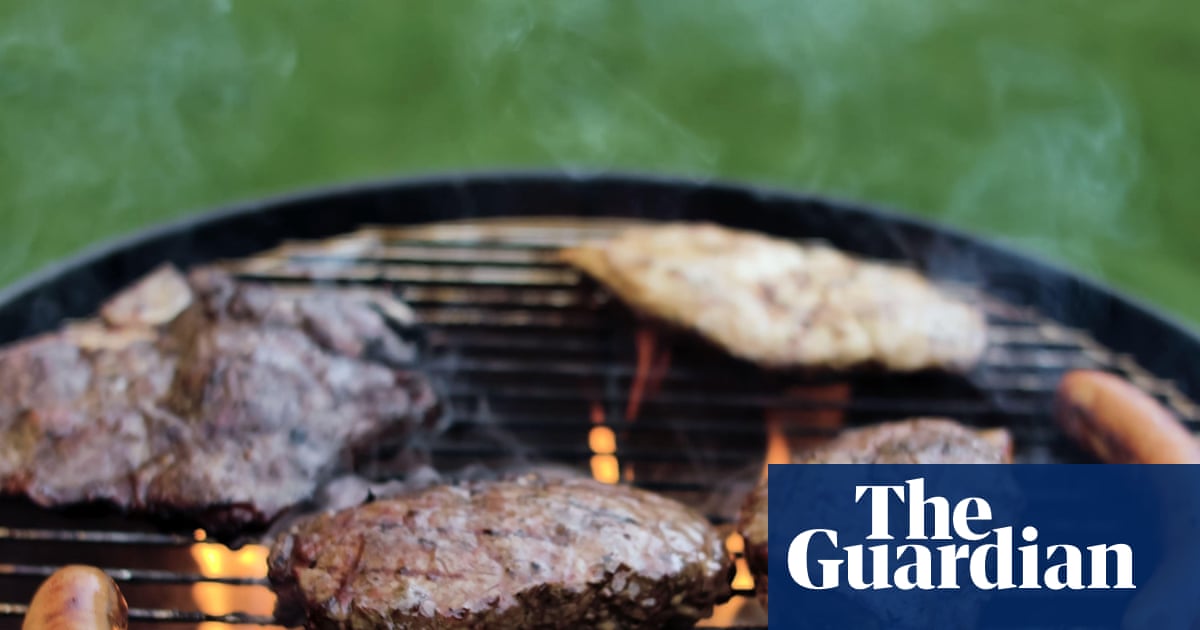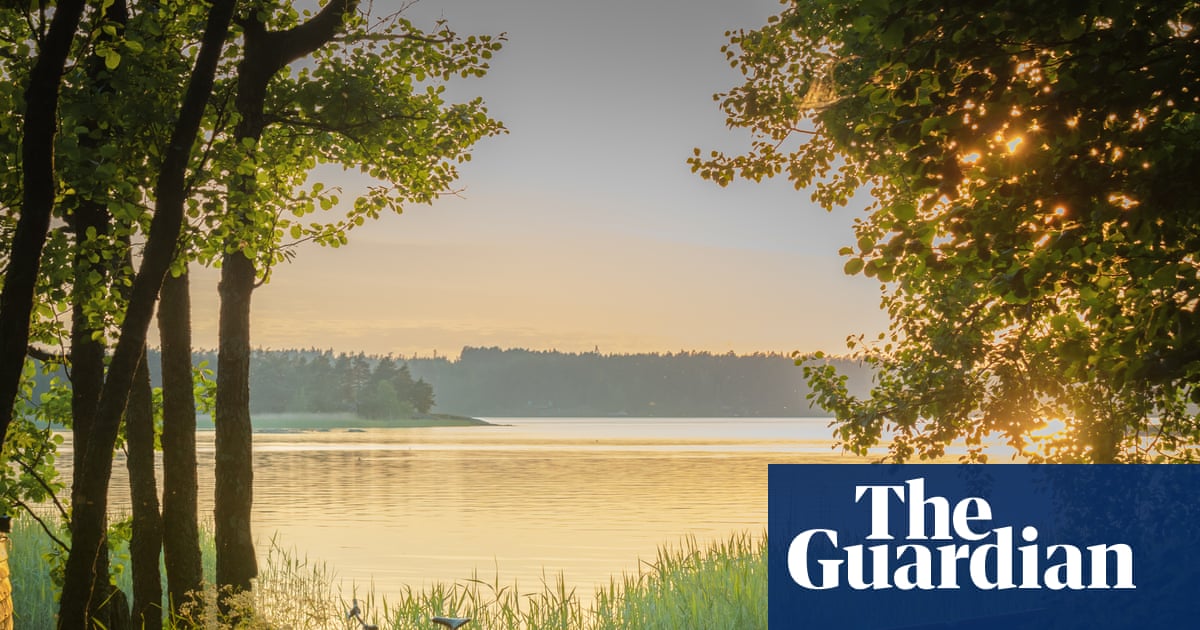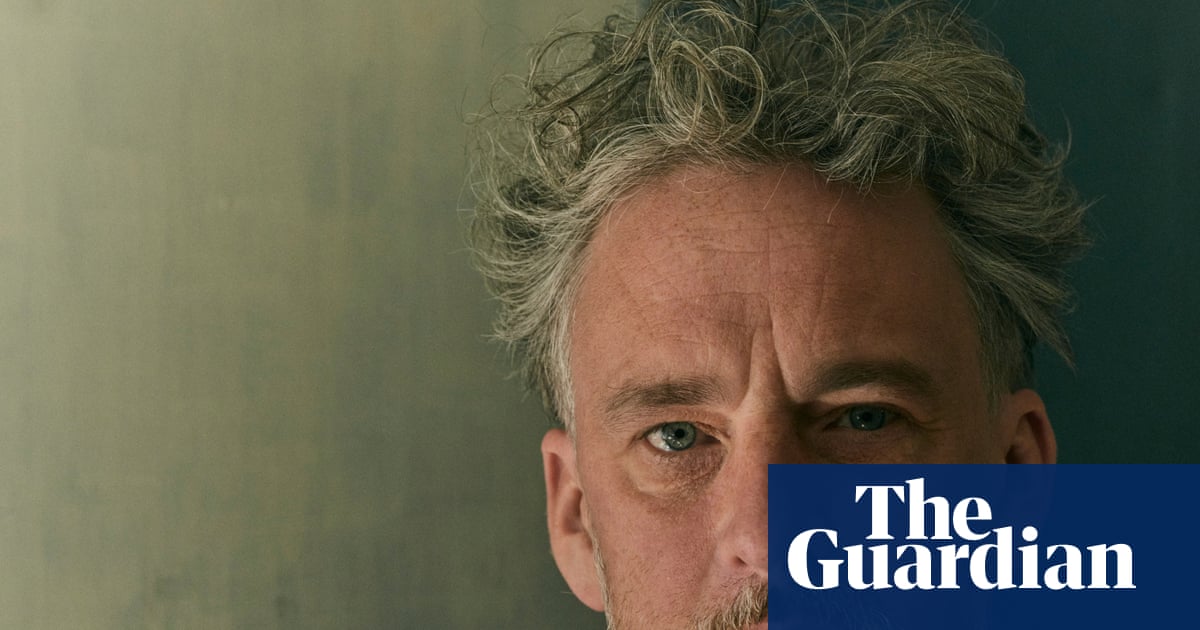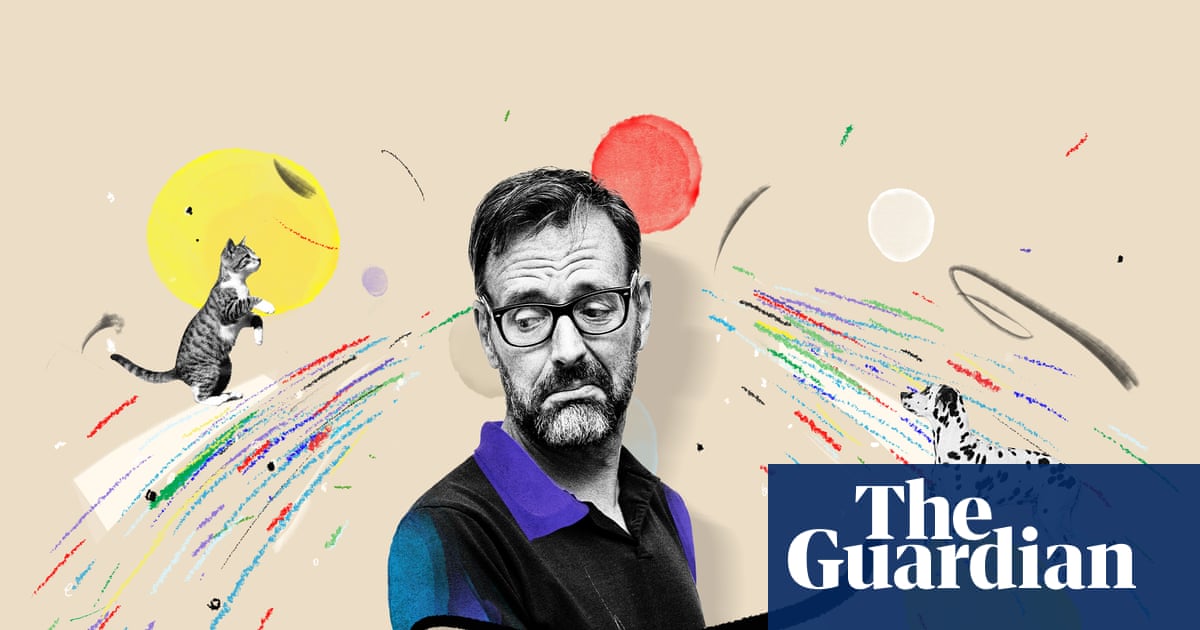The royal family was always a disaster waiting to happen. Its creation as a marketable entity in the 1960s by the late Queen Elizabeth II was meant to “modernise” the monarchy for the 20th century. It worked, but only up to a point. Her son Prince Andrew has long been its biggest liability, this week in trouble yet again due to his alleged behaviour within that ghoulish circle, the friends of Jeffrey Epstein.
King Charles now has a decision to make as to how far he can allow his brother’s past behaviour to tarnish the family’s image. That image is the essence of royalty. Monarchy has no other authentication. The constitutional position of head of state in a democracy is subject to the will of parliament, but also to the “will” of the people. It was the latter will that forced the abdication of Edward VIII in 1936 over marrying a divorcee. A royal personage cannot stand for re-election. He or she is acceptable to the generality of public opinion or they are nothing.
When in 1969 the late queen was persuaded, reluctantly, by her husband, Philip, and her press secretary, William Heseltine, to allow a film to be made called Royal Family, it was a constitutional decision. Elizabeth was not to retreat like other postwar European monarchs at the time into an anonymous obscurity, to stick to their bicycles. She would refresh Britain’s semi-divine concept of monarchy as embodied in an “ordinary family”. It was portrayed as “the Firm”, a term that originated with Elizabeth’s father, George VI.
It worked. The family looked lovely as their young children picnicked by a Scottish loch. The film was watched and admired by millions. But there was a lurking risk. One day the same children would be different. They would be tormented teenagers, rampaging twentysomethings and matrimonial casualties. They might be offered grand palaces and safe jobs, “representing” the monarch the length and breadth of the land. But then what? Would they all behave? It was like writing a play when you have already cast the actors. The children became instant global celebrities.
Elizabeth was lucky in Charles and Anne, who on the whole were impeccable. She then experienced upsets. One was her annus horribilis of 1992, when offspring Charles, Andrew and Anne all broke with their partners. Diana, Princess of Wales and Squidgygate were broadcast round the world and Windsor Castle was ablaze. Every aide and butler could sell their memoirs. In a Gallup poll that year, only 26% of the British public thought the monarchy should continue as it was.
Another crisis came in 1997 with the death of Diana and its initially woeful mishandling by the late queen. Her personal approval rating sank to an all-time low of 57%. Charles’s fell to 40%. Serious questions were raised of the future of the crown. At such times monarchy has nowhere to turn for sustenance but to public opinion. Its image is dependent on the media and the reaction to how it performs its rituals.
The so-called cycling monarchies such as Norway, Sweden, Denmark, the Netherlands and Belgium did not go down the same path as the late queen. They became figureheads, anthropomorphic thrones, legacies of history and tradition, but they hold office strictly at the declaration of elected parliaments. Such monarchs practise none of Britain’s nonsense about religious anointment. They head up no “family firm”. Their relatives, close and distant, can go about their normal lives and do normal jobs. The king of the Netherlands still occasionally pilots a KLM jet. When in 1990 King Baudouin of Belgium refused to sign an abortion bill he was curtly told to abdicate for the day.
Prince Andrew was already being eased out of the limelight before the publication of Virginia Giuffre’s memoir. The next move is for the future king, William, to plan a refashioned monarchy. He has already indicated his intention to live not in London but in a modest house in Windsor Park. He will presumably hand his Westminster estate to the government, and its gardens to the public. That would be all to the good.
But above all, William should release his children. He should do away with the royal family brand, disband the Firm and take to his bicycle. No more Andrews.
after newsletter promotion
-
Simon Jenkins is a Guardian columnist

 3 months ago
427
3 months ago
427

